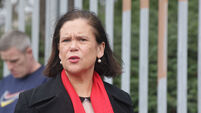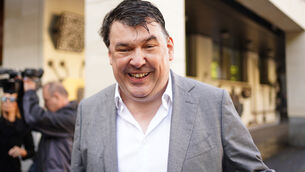Without leadership, Desmond Connell’s sincerity failed to impress
A few years ago, the Dublin diocesan vocations committee devised a rather catchy concept to promote priestly vocations drawing on the success of the film Men in Black and they invited the archbishop to the Irish Film Centre to launch it.
As a diocesan press officer, I accompanied him, and on the way we discussed some of the issues which might come up.














